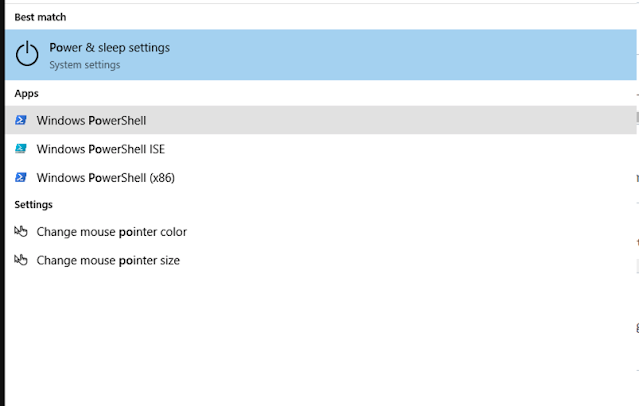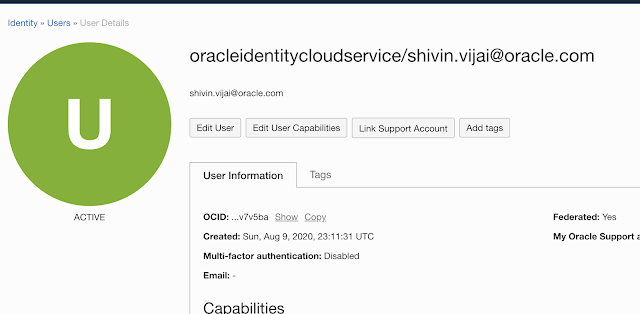[opc@dbdemo ~]$ sudo yum install iptables-services
Loaded plugins: versionlock
There are no enabled repos.
Run "yum repolist all" to see the repos you have.
To enable custom repositories:
yum-config-manager --enable <repo>
[opc@dbdemo ~]$
The above is the error getting while issue yum command. My OS is Oracle Linux 7.9
Solution to fix the error:
Login to the server as root
# wget https://yum.oracle.com/RPM-GPG-KEY-oracle-ol7 -O /etc/pki/rpm-gpg/RPM-GPG-KEY-oracle
# gpg --quiet --with-fingerprint /etc/pki/rpm-gpg/RPM-GPG-KEY-oracle
# vi /etc/yum.repos.d/ol7-temp.repo
[ol7_latest]
name=Oracle Linux $releasever Latest ($basearch)
baseurl=https://yum.oracle.com/repo/OracleLinux/OL7/latest/$basearch/
gpgkey=file:///etc/pki/rpm-gpg/RPM-GPG-KEY-oracle
gpgcheck=1
enabled=1
# yum install oraclelinux-release-el7
# mv /etc/yum.repos.d/ol7-temp.repo /etc/yum.repos.d/ol7-temp.repo.disabled
# yum update -y
Now yum install iptables-services works without any error
References :
https://yum.oracle.com/faq.html#a10
https://yum.oracle.com/getting-started.html#installing-from-oracle-linux-yum-server










